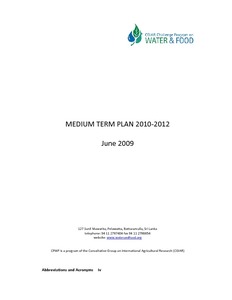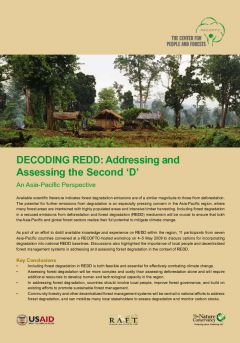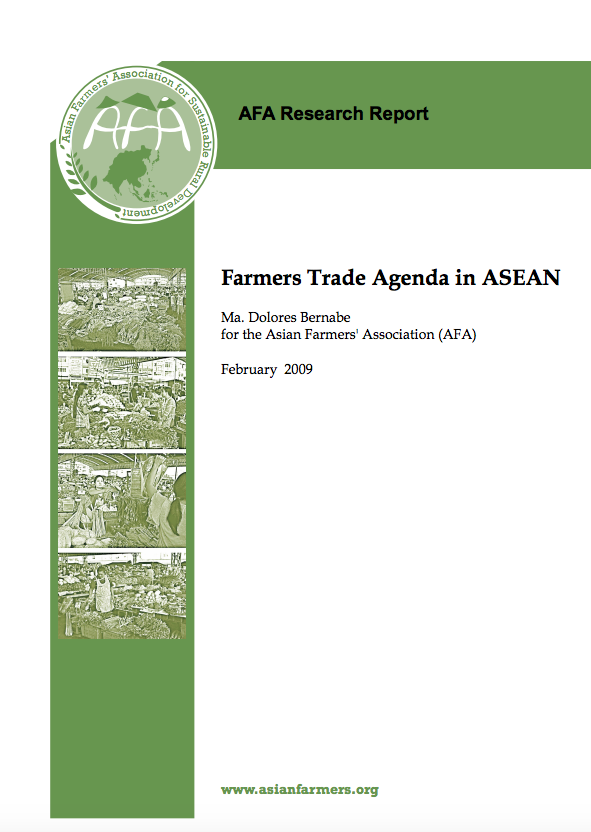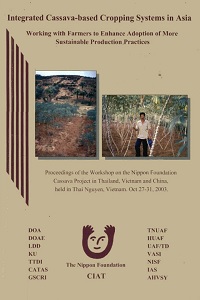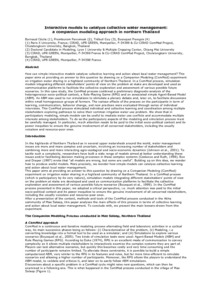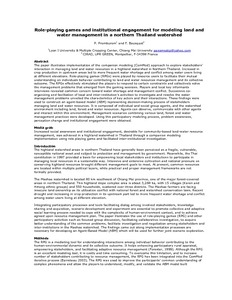This Medium Term Plan (MTP) is written as the CPWF transitions from its first Phase (2004?
2008) to its second Phase (2009?2013). It describes the status of the CPWF as the newly
established Board discusses and approves plans for this second Phase. At the time of writing three of six…
Available scientific literature indicates forest degradation emissions are of a similar magnitude to those from deforestation. The potential for further emissions from degradation is an especially pressing concern in the Asia-Pacific region, where many forest areas are intertwined with highly…
This research is intended to help contribute to this articulation process by identifying and consolidating small farmers' trade agenda in five countries, namely Cambodia, Indonesia, the Philippines, Thailand and Vietnam. These countries represent a good mix of both net agricultural…
Vietnam has become a hub for processing huge quantities of unlawfully-logged timber from across Indochina, threatening some of the last intact forests in the region, a major new report reveals. Much of the illegally-imported wood is made into furniture for export to consumer markets in Europe…
China's economic rise and consequent demand for a reliable and steady supply of inexpensive natural resources have led to a rapid increase in Chinese foreign direct investment stretching all the way to Africa and Latin America. Southeast Asia's Mekong region is no exception to that…
Thai national irrigation systems, serving a large number of small paddy farmers, require water users' organization for effective and sustainable joint management; however, water users' organizations (WUOs) presently cover only 27% of the total irrigation area. This three-year action…
Most of the upland areas of Southeast Asia are characterized by insufficient infrastructure, low productivity in smallholder crop and animal production, mounting environmental problems such as soil and forest degradation and loss of biodiversity, increasing population pressure, and widespread…
The distributed hydrology soil vegetation model (DHSVM) is applied in the 107 km² Nam Mae Rim watershed (NMRW) in northern Thailand. Simulations using land cover scenarios for 1989 and 2002, extreme deforestation, and forest, each run with and without roads, show that roads have very small…


